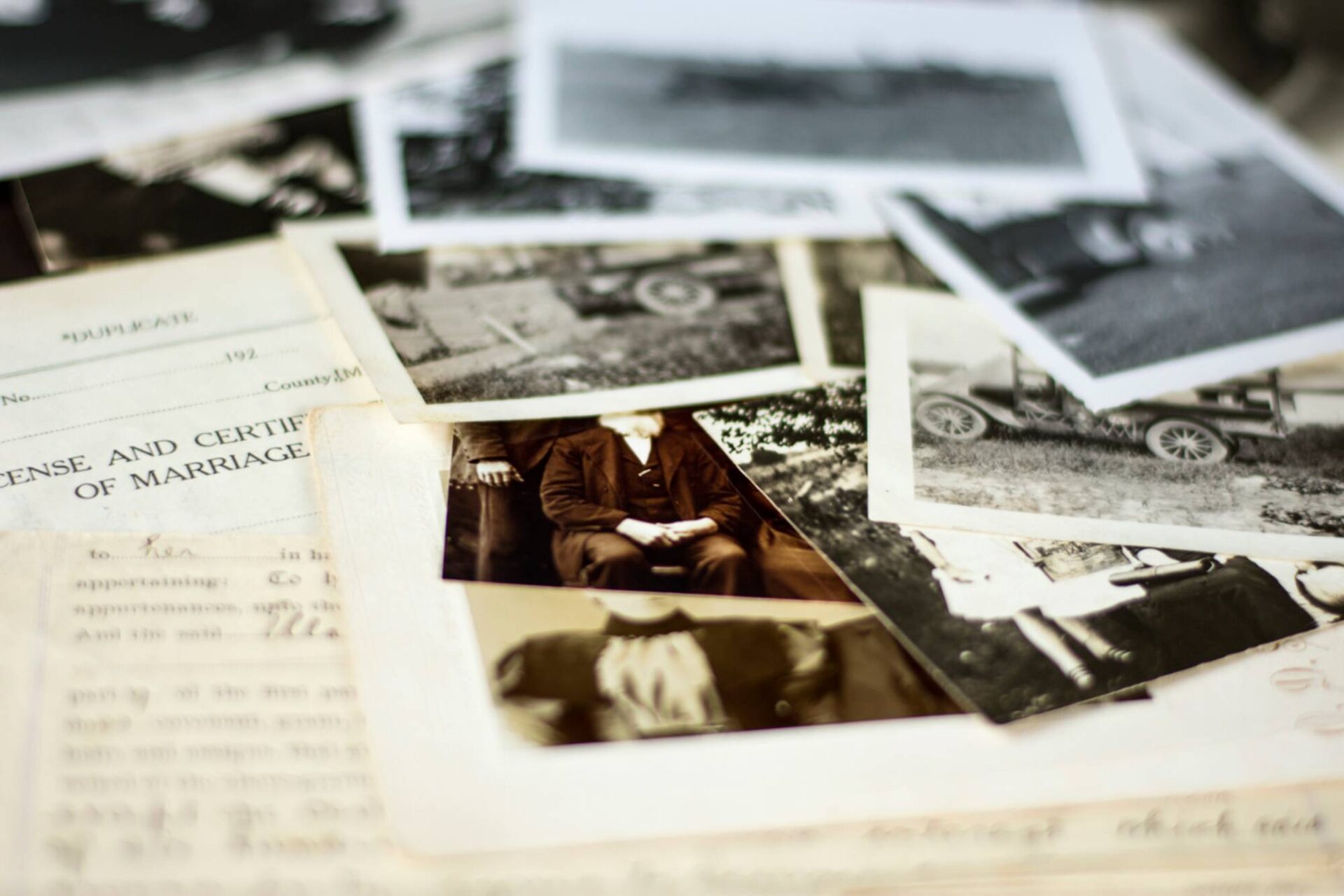If you’re delving into Irish genealogy, one of the most valuable resources you’ll encounter are Irish Parish Registers. These treasured archives provide a glimpse into the religious and social lives of your ancestors. In this comprehensive guide, we’ll discuss the significant role of Irish Parish Registers in family history, how to locate them, and the best strategies for utilizing them effectively in your genealogy research.
What are Irish Parish Registers?
Irish Parish Registers are church records that document important life events such as baptisms, marriages, and burials within a parish. These records serve both a religious and civil function and are particularly essential for Irish genealogy due to the loss of numerous public records in fires and other mishaps. They offer a wealth of information, including names, dates, familial relationships, and even sometimes occupational details.
Why Irish Parish Registers are Crucial for Genealogy
Parish Registers in Ireland hold a special place in the realm of family history research for several reasons:
Unique Information
Unlike civil records, which are more standardized, parish registers often include unique tidbits like the names of godparents or witnesses, which can help further your research.
Filling the Gaps
Given that several Irish censuses have been lost over the years, Irish Parish Registers can fill in crucial gaps in family timelines.
Earliest Records
Civil registration for all of Ireland didn’t commence until 1864. For any research before this period, Parish Registers are often the only resource available.
Types of Irish Parish Registers
When navigating through Irish Parish Registers, you’ll primarily encounter three types of records:
- Baptismal Registers: These contain information about baptisms and are an excellent source for discovering birth dates and parents’ names.
- Marriage Registers: These detail unions between couples and usually include the names of witnesses, often close relatives.
- Burial Registers: Although less common, these provide death dates and sometimes additional family or community information.
How to Access Irish Parish Registers
National Library of Ireland
The National Library of Ireland (NLI) has a comprehensive collection of Irish Parish Registers. You can visit the library in person or explore their free online database.
Local Parish Offices
Some records are still held at local parish offices and may not be digitized. A visit to these offices can be an enriching experience.
Online Platforms
Websites like Ancestry.com, FindMyPast, and RootsIreland have extensive collections of digitized parish records. However, these platforms usually require a subscription.
County Heritage Centres
These centres often have unique access to both transcribed and original parish records that are invaluable to genealogists.
Strategies for Utilizing Irish Parish Registers in Family History
1. Start with a Broad Search
Begin by inputting as much general information as you can. Too many specific details may limit your search.
2. Utilize Alternate Spellings
Irish names can be found in various spellings. Try all possible variations when searching through the registers.
3. Deciphering Handwriting
Old records often feature archaic handwriting. Learning to decipher these scripts can unlock hidden data.
4. Cross-Reference Other Sources
Always use additional sources like census records, land records, or newspapers to verify information found in Parish Registers.
5. Record Every Detail
Sometimes seemingly trivial details can prove to be crucial. Record all information, including sponsors at baptisms or witnesses at weddings, as they could be relatives.
Challenges and Solutions in Using Irish Parish Registers
Missing or Incomplete Registers
Not all parishes have complete records, especially for earlier periods. To navigate this, broaden your search to neighboring parishes where your ancestors may have attended services.
Non-Standardized Entries
Before formal templates were used, each priest had their own system for keeping records. Pay close attention to any notations or added comments that could contain extra genealogical data.
Language and Terminology
Earlier records may be in Latin or feature archaic terms. Basic translation guides and old term glossaries can be handy tools for understanding these registers.
Special Features in Irish Parish Registers
Annotations
Sometimes the clergy made additional notes on the margin or at the end of entries. These could include remarks about the legitimacy of a child or notes about emigration, providing richer context for your family history.
“Marriage Banns”
Before a marriage took place, the intended union was announced, or “called,” typically over three successive weeks. These banns are sometimes recorded separately and can offer further proof of a marriage when the marriage record itself is missing.
Communion and Confirmation Records
Though rarer, some parishes recorded First Communion and Confirmation. These records provide another layer of data, usually including age or date of birth.
Special Collections
Some parishes have what’s known as ‘special collections,’ which include additional documents like letters, account books, or local historical notes. These are often not digitized and can only be found by visiting in person.
Conclusion
Irish Parish Registers are an invaluable resource for anyone undertaking Irish genealogy research. From giving unique information unattainable from civil records to offering the earliest genealogical records available, these documents are vital for filling in your family tree. With careful searching, cross-referencing, and a bit of detective work, Irish Parish Registers can open up new avenues in your quest to trace your Irish heritage. So if you’re eager to dig deep into your Irish roots, there’s no better place to start than with the Irish Parish Registers.
By understanding the role of Irish Parish Registers in family history, you can delve into your Irish genealogy with both context and clarity, unlocking the secrets of your past that have been preserved through faith and community.




Leave a reply